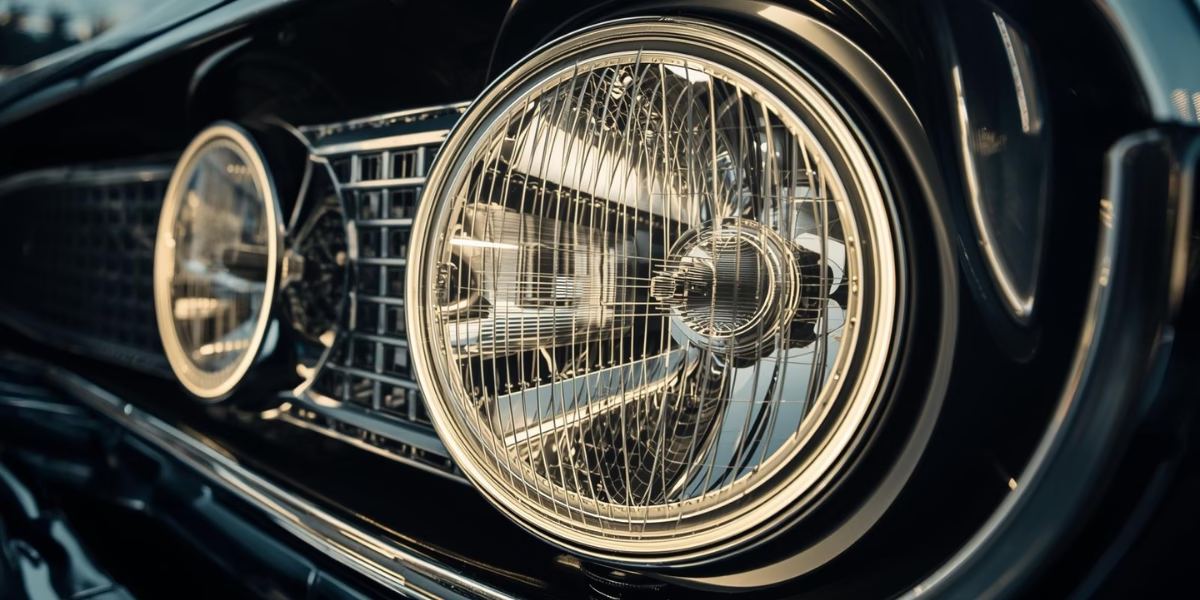Discover how DMC resin impacted industrial part production with superior strength, dimensional accuracy, and cost efficiency. Learn its key advantages and applications in modern manufacturing.
Industrial Manufacturing: Where Precision Matters
In industrial manufacturing, performance and precision define success. Materials must deliver strength, consistency, and long service life under challenging conditions. Dough Moulding Compound resin has become a cornerstone in this pursuit. Known for its versatility and reliability, this resin is widely used for producing robust, lightweight, and dimensionally stable parts across various industries.
This blog explores how DMC resin transforms industrial part production, highlighting its composition, benefits, and applications that shape modern manufacturing.
Understanding DMC Resin
This resin is a ready-to-mould thermosetting compound. It comes in a dough-like consistency that is easy to handle and suitable for compression or injection moulding.
When heat and pressure are applied, the dough moulding compound resin undergoes a crosslinking reaction that turns it into a hard, infusible, and durable composite. This chemical transformation gives DMC parts their hallmark properties like excellent mechanical strength, dimensional stability, and heat resistance.
In essence, DMC resin combines the processability of plastics with the performance of metals, offering a unique balance for industrial production.
Why Industries Choose DMC Resin?
DMC resin stands out due to its versatility, cost-effectiveness, and durability. Manufacturers prefer it over metals or thermoplastics for several reasons:
High Strength and Rigidity with DMC Resin
DMC resin delivers superior tensile and impact strength. Parts can handle heavy mechanical loads without deformation.
Dimensional Accuracy
DMC maintains its shape during curing, resulting in parts with tight tolerances, essential for high-precision applications.
Thermal and Electrical Resistance
Its cross-linked network resists heat and electrical conductivity, making it suitable for electrical housings, switchgear, and motor components.
DMC Resin Offers Good Chemical Resistance
DMC resin resists corrosion, moisture, and most chemicals, extending product lifespan even in harsh environments.
Smooth Surface Finish
It offers an excellent surface appearance, allowing easy painting, coating, or direct use without finishing operations.
Low Shrinkage and Warpage
Due to its thermosetting nature, DMC helps control dimensional changes during moulding and curing. These characteristics make DMC resin a cost-effective alternative to metals in producing durable, lightweight industrial parts.
Application of DMC Resin in Producing Industrial Parts
This resin plays a crucial role across multiple industrial sectors, offering solutions that enhance both performance and productivity. Let’s explore where and how it’s applied.
DMC Resin Usage in Electrical and Electronic Components
This resin is extensively used in manufacturing:
- Switchgear and connectors
- Insulators and circuit breakers
- Transformer housings and sensor casings
Its non-conductive and flame-retardant properties ensure electrical safety and long-term reliability.
Automotive Parts
In the automotive industry, DMC helps reduce weight while maintaining strength. Common components include:
- Lamp reflectors and brackets
- Under-the-hood parts
- Battery casings and housings
Its thermal stability ensures performance even under high engine temperatures.
Appliances and Consumer Goods
For home and industrial appliances, DMC provides design flexibility and aesthetic appeal. It is used for:
- Motor end shields
- Pump components
- Handles, knobs, and housings
These parts benefit from DMC’s dimensional stability and resistance to wear and heat.
Construction and Infrastructure
DMC is also making inroads in the construction sector for producing durable, weather-resistant components such as junction boxes, structural fixtures, and switch enclosures.
Advantages of Using DMC Resin for Industrial Manufacturers
Using the resin in part production brings several long-term advantages:
Reduced Weight and Material Cost: Compared to metal parts, DMC reduces weight without compromising strength.
Low Maintenance Requirements: DMC components resist rust and corrosion, cutting down maintenance needs.
Design Freedom: It supports complex shapes, fine details, and embedded inserts during moulding.
Scalability: DMC is suitable for both high and medium volume production runs.
These features make it a strategic choice for manufacturers aiming for efficiency, quality, and sustainability.
Sustainability and Future Outlook
As industries shift toward greener manufacturing, this resin is gaining attention for its energy-efficient processing and low waste generation. Recent innovations include eco-friendly DMC formulations with reduced volatile organic compounds and recyclable fillers.
The growing demand for lightweight, corrosion-resistant components, especially in electric vehicles, renewable energy systems and in electronics is expected to expand DMC Resin’s role even further.
Concluding Thoughts
DMC resin has redefined how industries approach component manufacturing. Its combination of strength, precision, and reliability enables the production of high-performance parts that last longer and perform better under stress.
Whether in automotive assemblies, electrical housings, or industrial machinery, DMC resin continues to prove that advanced composites are the backbone of modern engineering. As technology evolves, the use of DMC resin will only grow stronger, driving innovation across industries and setting new standards for quality and sustainability in industrial part production.
COMPANY INFO
Website: www.crestresins.com
Phone: +91 9879233188
Email: enquiry@crestresins.com
Address: 605/A, 6th Floor, Tower D, Times Square Grand Office, Sindhubhavan Marg, Near Taj Hotel, Ahmedabad, Gujarat - 380059

